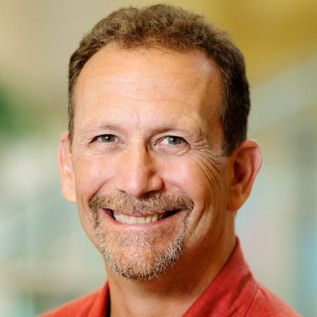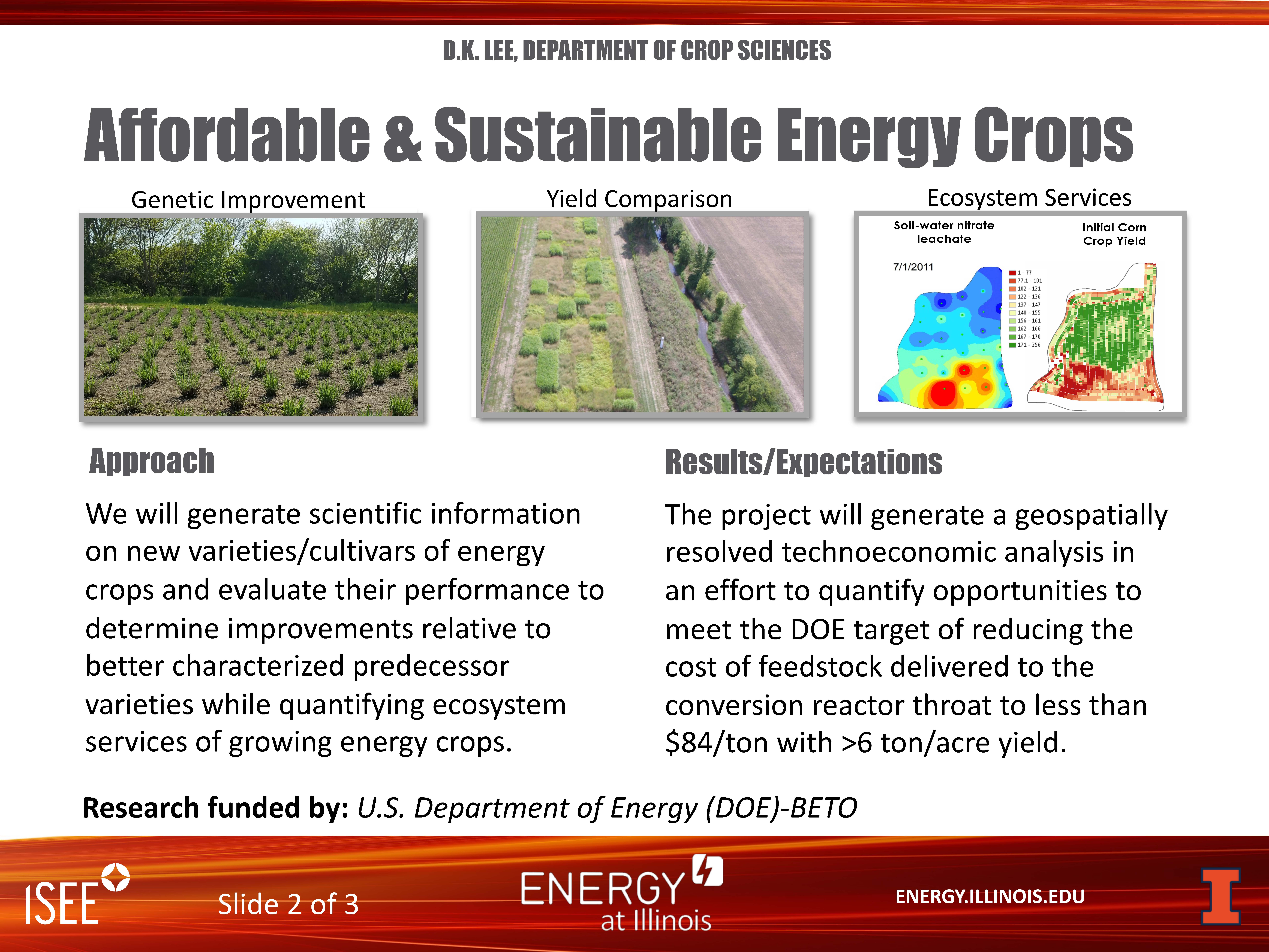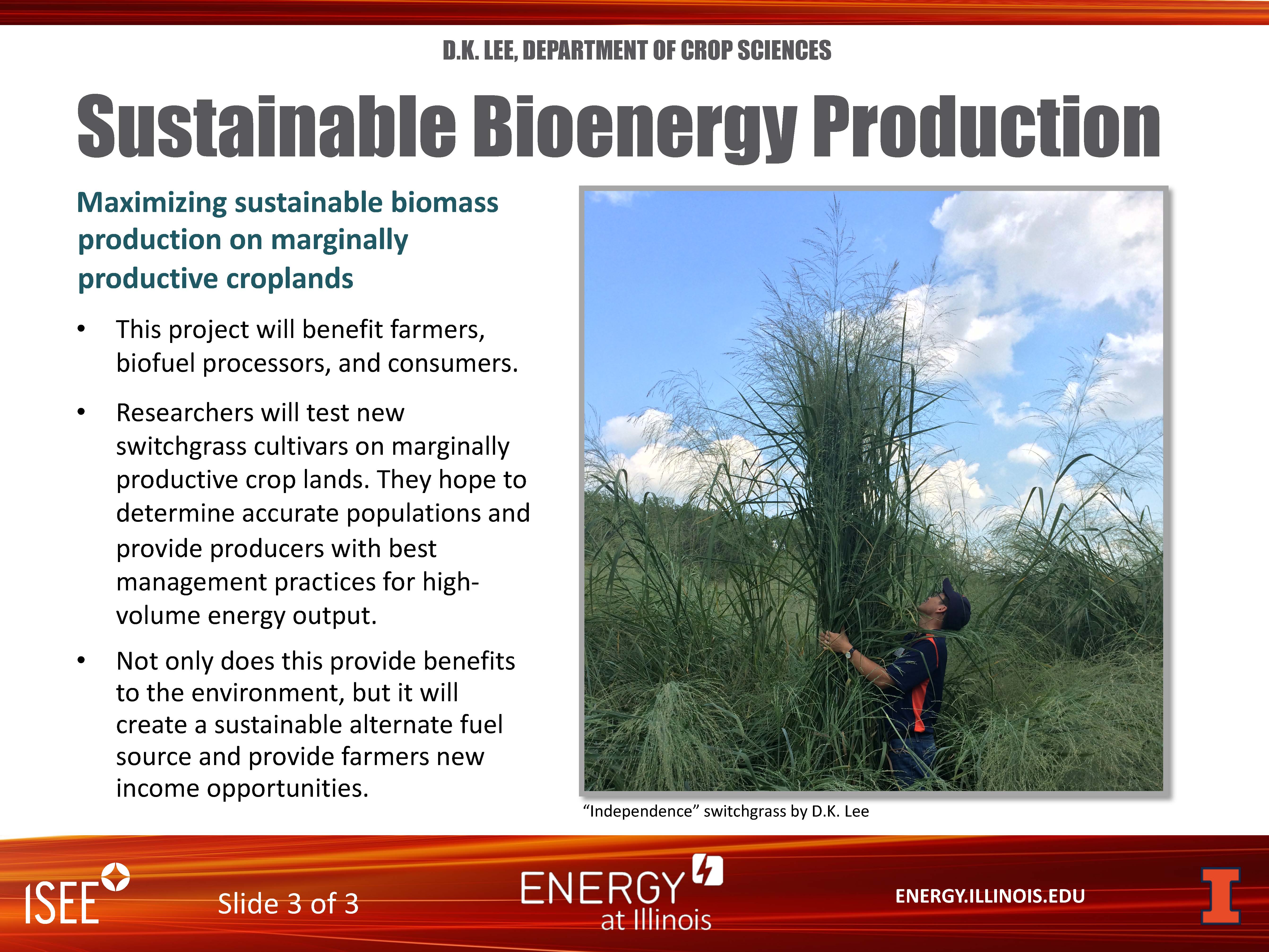 Low-cost energy is vital to the sustained growth of the GDP of nations and regions. At the same time, it is critical that this growth not result in negative impacts to the environment. This negative impact will eventually impede GDP growth and dampen the resilience of communities. For example, rising health-care costs can erode the beneficial impacts of increased GDP. Negative environmental impacts are most often born by the lower-income and underprivileged within society — hence environmental injustice. It is vital that energy solutions are designed to have a sustainability component to assure that communities and regions remain resilient.
Low-cost energy is vital to the sustained growth of the GDP of nations and regions. At the same time, it is critical that this growth not result in negative impacts to the environment. This negative impact will eventually impede GDP growth and dampen the resilience of communities. For example, rising health-care costs can erode the beneficial impacts of increased GDP. Negative environmental impacts are most often born by the lower-income and underprivileged within society — hence environmental injustice. It is vital that energy solutions are designed to have a sustainability component to assure that communities and regions remain resilient.
Areas of Research Focus
The University of Illinois is dedicated to holistic approaches to energy that meet the Triple Bottom Line (People, Planet, Profit). We consider full life cycle analysis (LCA) to assure that solutions are truly sustainable in nature. Our work spans the entire spectrum of research, development, and deployment. The University’s capabilities and resources enable the transition of new technologies from the bench-scale to the large pilot-scale. This continuum includes high-performance computing capabilities for modeling to field testing at University and non-University based locations. We work with internally and externally developed technologies to provide solutions that encompass not only technical needs, but also address policy and regulatory requirements. Some specific projects:
- Carbon capture from large power generation and manufacturing facilities.
- Use of CO2 for agricultural applications (i.e. crop growth).
- Use of CO2 for algae growth and subsequent harvesting for high value feed products.
- Improving the energy footprint of buildings.
- Process intensification to reduce overall energy requirements and reduce waste products.
- Improved management of waste and translation into energy sources (e.g. waste to fuels).
- Repurposing of waste materials.
- Fate and transport of byproducts from manufacturers and end users.
- Evaluation of environmental impact of fracking and other upstream processes.
- Grid reliability in drought and heat weave conditions.
- Demonstration of biomass boiler using chopped Miscanthus for on-farm heating.
- Climate action policies and international policy negotiations.
- Greenhouse gas emissions from land use change.
- Wind energy and environment.
- Least-polluting energy solutions for rural areas worldwide.
- Development of pairs of immiscible ternary liquids, for use in studies of two-phase flows (e.g., oil/water).
- Illinois Basin – Decatur Project (large-scale carbon storage)
Energy Scholars at Work
(click to enlarge images and view as a slide show; more scholars’ studies profiled on each of the Areas of Excellence landing pages)
Researchers



Phillip Ansell
Electrical and chemical engineering; materials science



Joe A. Bradley
Product development and design



Leonardo P. Chamorro
Fluid mechanics and thermal sciences

Evan H. DeLucia
Bioenergy feedstock production





Scott Frailey
Petroleum engineering and CO2 storage



Sallie Greenberg
Carbon sequestration and climate change






Waltraud M. Kriven
Mechanical properties and materials









Kevin O'Brien
Traditional and alternative energies

Roland Okwen
Enhanced oil recovery and carbon capture



Arne J. Pearlstein
Fluid mechanics and thermal sciences







John Scott
Analytical chemistry and biofuels











Yang Zhang
Nuclear engineering



ILLINOIS RESEARCH CENTERS
- Air Conditioning and Refrigeration Center (ACRC)
- Center for Advanced Bioenergy and Bioproducts Innovation (CABBI)
- Energy-Water-Environment Sustainability (EWES) Program
- Illinois Energy Farm
- Illinois State Geological Survey
- Illinois Sustainable Technology Center
- Institute for Genomic Biology
- Integrated Bioprocessing Research Laboratory
- International Institute for Carbon-Neutral Energy Research (I²CNER)
ONGOING GRANTS & GRANT OPPORTUNITIES
Coming soon.
FIND AN ENERGY SCHOLAR




